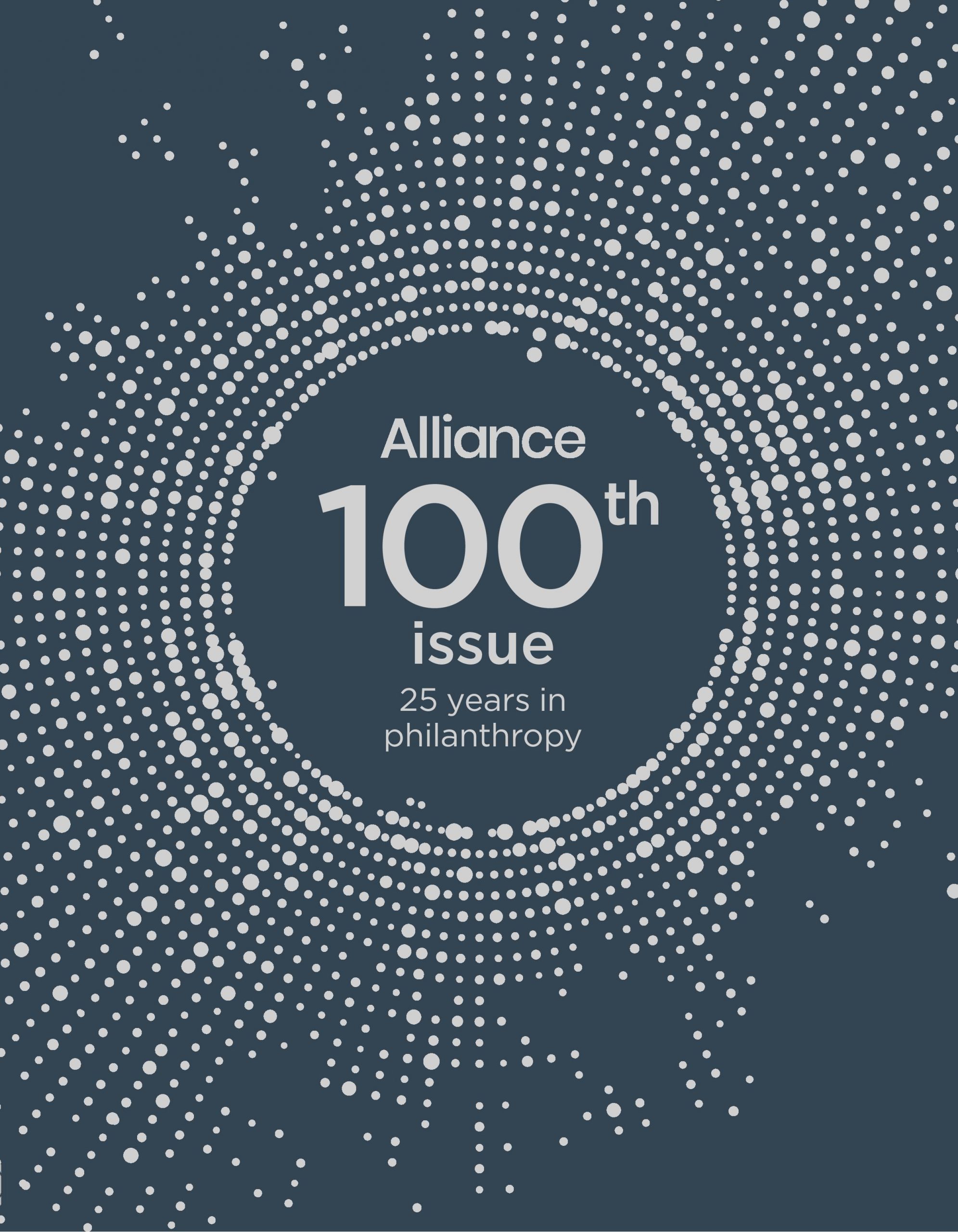As inequality continues to grow, problems with the power of elite philanthropy remain unresolved and evermore pertinent
The question behind the Alliance issue in 2011 examining the influence of the Bill and Melinda Gates Foundation wasn’t original – it was a question that was common at the dawn of big philanthropy in the early 20th century but one which had faded until the explosion of mega-wealth in the late 20th and early 21st century: what should be the role of private wealth in setting agendas for the public good?
It was worth taking up that question because the Gates Foundation was something that had not been seen since the founding of Rockefeller and Ford Foundations, if ever: a private philanthropic foundation so large that it could potentially shift priorities of not just particular communities but whole countries, international agencies and the philanthropy and aid industry as a whole. To be clear, the question is not ‘does the Gates Foundation fund good and worthy causes?’, it is, ‘how much influence should it have on what good and worthy causes are funded, the way those causes are addressed, and which causes are prioritised by others?’.
The foundation’s existence and influence has also unquestionably influenced the public’s expectations of billionaires, and billionaires’ perceptions of their responsibility to the public good.
Subscribe now from only £45 a year!
This article is only available for our subscribers
Existing users can login here





